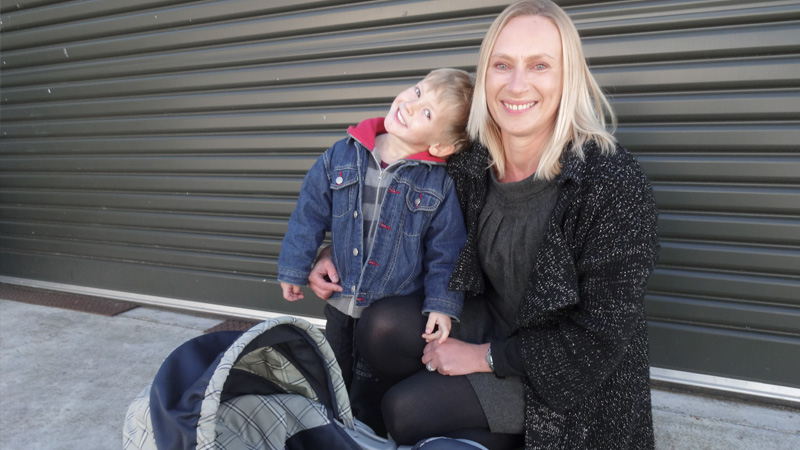Problems turn into solutions at 3R: SeatSmart
3R’s project manager Michelle Duncan answers a few questions about our latest programme, SeatSmart.
How did it all start?
The project started when I had an expired car seat and was told the only disposal option was dumping it in landfill. For me, landfill should be the last resort, not the only option. So, I took the issue to my colleagues at 3R and we decided that we could change the outcome.
Thanks to the project, the outcome will now be that 92% of the car seat materials brought in can be recycled.
When did it launch?
The SeatSmart programme launched on 1 April with a pilot in Auckland, Hamilton, Hastings and Nelson.
It follows the 18-month initial project which looked at options to stop between 40,000 and 100,000 child car restraints going to landfill each year.
Who is involved?
The programme is supported by original project members Auckland Council, Baby on the Move, Hastings District Council, and Plunket. Baby on the Move and Plunket are the primary drop off points for seat recyclers, along with the Hastings Refuse Transfer Station.
What happens to the materials?
The seats are dismantled by Department of Corrections as part of their community work programmes which provide opportunities for offenders to make amends to their communities, and learn new skills and work habits.
We’re then able to recycle the plastic into matting used to stabilise ground and pathways, or into products for the building industry.
Metal parts are simply taken to metal recyclers, and the harnesses are going to be used by Karkt NZ who make handmade bags from a variety of recycled items.
At the moment it’s only the fabric covers and liners that we’re unable to recycle – but we’re always open to ideas!
So, the aim is all about reducing waste to landfill?
That’s the primary aim, because at the moment valuable resources are being unnecessarily dumped in landfills around New Zealand. However, we do have a secondary aim, which is to improve awareness of car seat expiry dates, and therefore improve road safety for kiwi kids.
Many car seat owners are simply unaware that most seats have expiry dates of between 6 and 10 years.
We know that others continue to use seats after expiry because of a lack of understanding that exposure to sunlight, changes in temperature, and stress caused by accidents, can damage and weaken plastic.
You only have to think about plastic toys left in a sandpit over the summer to see what damage the sun can do!
We’re confident that giving people the simple option of recycling their seats for a small fee of $5.00 will improve outcomes for both the environment and kids on our roads.
And how do car seats fits with what 3R does?
We’re all about finding solutions for products that are hazardous or difficult to recycle. They are generally items that often fall into the “too hard” basket and we work with individual companies or industry players to find solutions.
Basically, we specialise in designing and delivering programmes that help businesses and consumers recycle or repurpose these products at their “end-of-life”.
Finding solutions isn’t impossible, it just requires someone like 3R with the right combination of skills to pull the process and the people together.
Working with great partners like Auckland Council, Baby on the Move, Hastings District Council, and Plunket, means that consumers get to benefit from programmes like SeatSmart that are making a significant and immediate difference to our environment.
So, what should people do if they have an expired car seat?
Simply take the unwanted or expired car seat to one of the seven Baby on the Move and Plunket locations, or if they’re in Hawke’s Bay, drop it off for recycling at the Henderson Rd Refuse Transfer Station. There’s currently no fee at the Henderson Rd Transfer Station as it’s council run and they’re one of our key supporters.
Full details of the drop off points are available at www.SeatSmart.co.nz.







